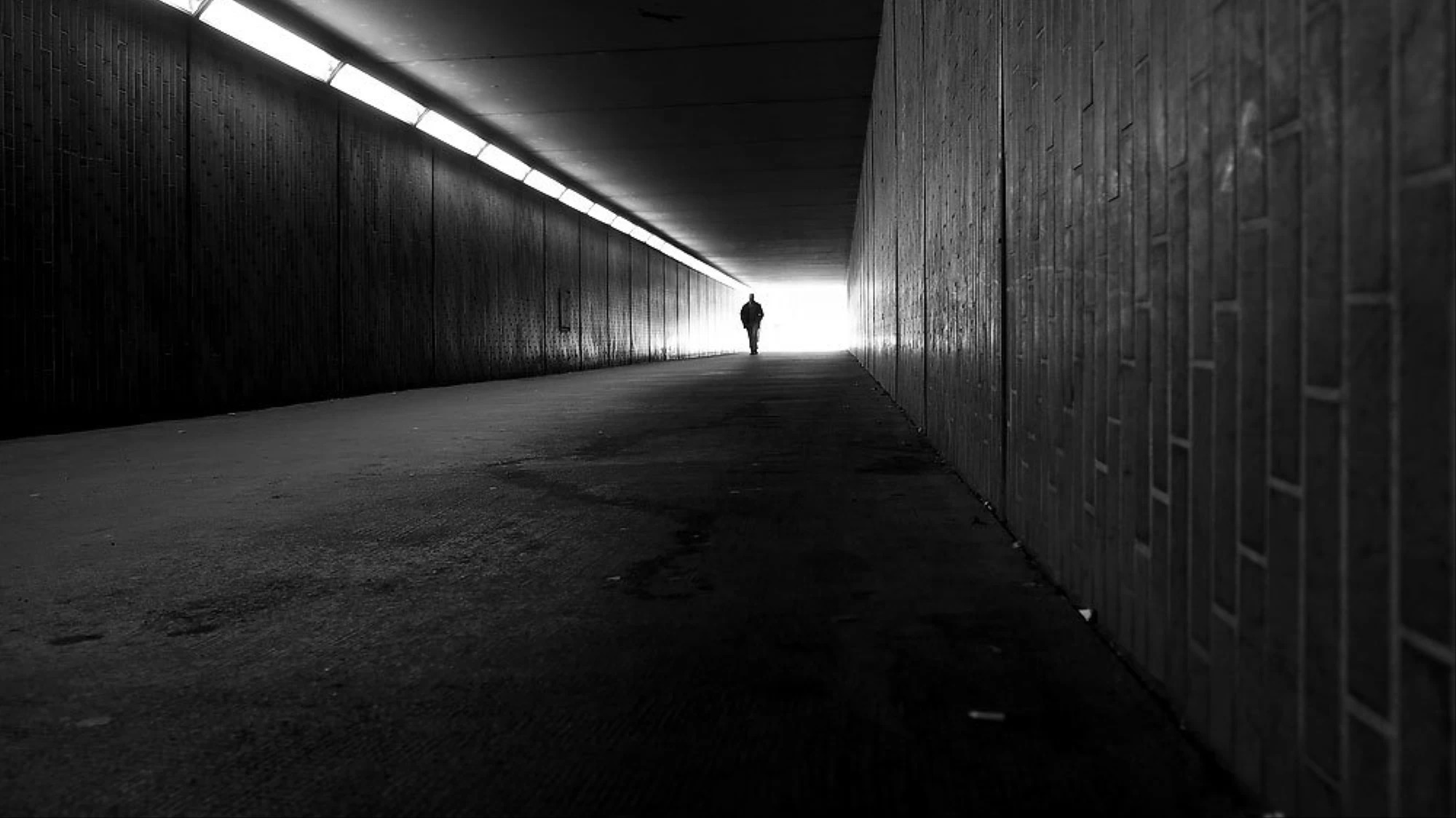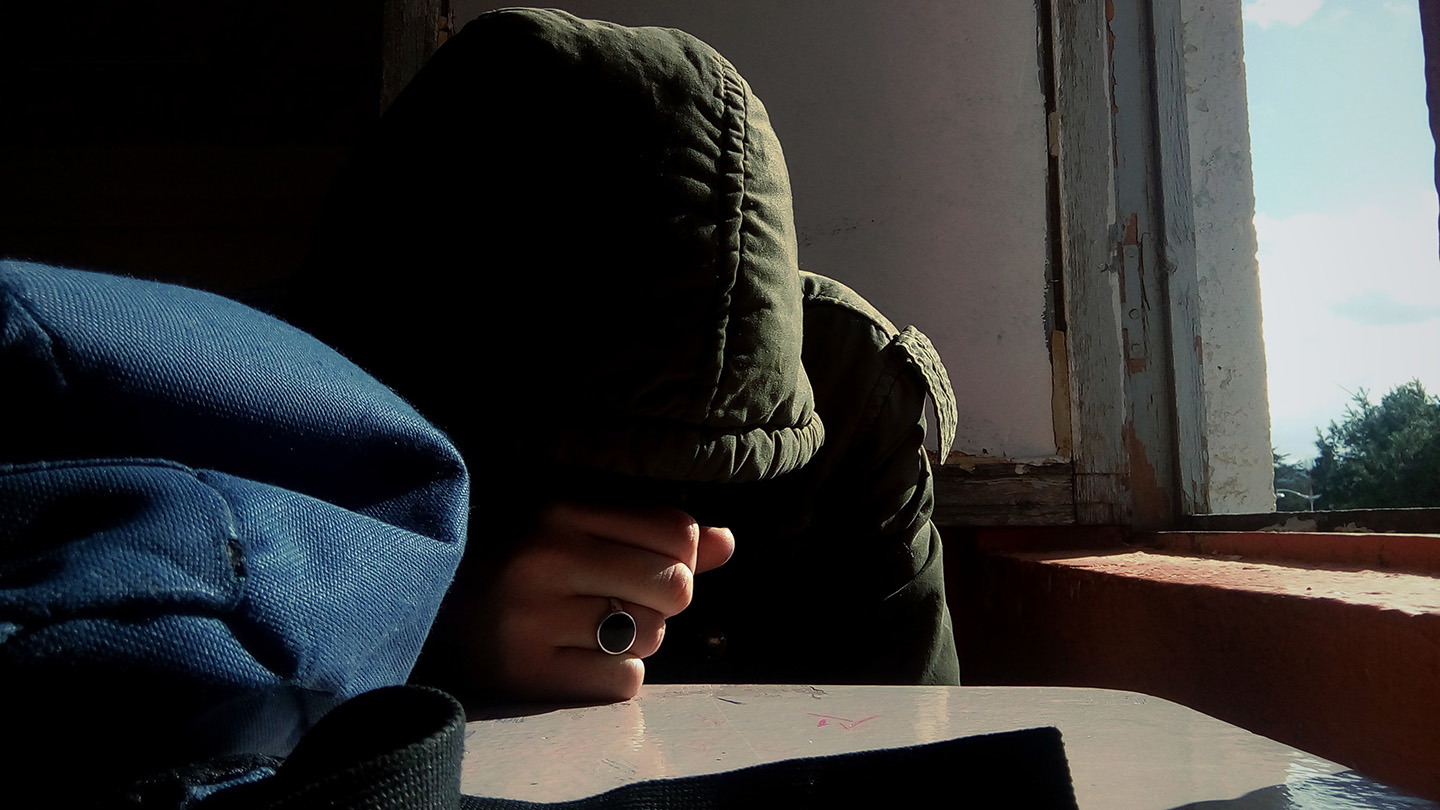Unless you have experienced what it’s like working in the gig economy, it’s hard to understand the extent of the negative effect the lifestyle can have on your mental health. In the UK alone, a staggering five million people are considered part of the gig economy. These part-time, freelance and shift workers who, as the title suggests, are paid gig to gig, rather than on a permanent salary, are part of a growing trend. More and more companies are outsourcing employment instead of traditionally hiring; a trend that’s becoming so prevalent that it now accounts for 15.6% of the entire British workforce.
Whether it’s riding for Deliveroo, driving for Uber or writing freelance (or a bit of all three), the lure of flexible working and the prevalence of employment-based apps means that gig workers are usually younger, and likely take on either professional or creative work, which while rewarding, can be less than steady. The appeal of the gig economy is obvious: be your own boss, control your own time and make your own money. The reality though, is often less chill. Financial stress, isolation, an inability to ‘switch off’ from work, and uncertainty mean our gig economy boom could actually be ruining our emotional and mental wellbeing.
“Eventually I felt so paralysed by what was happening I stopped trying to get work entirely, and because I didn’t have a steady workplace or colleagues to check in on me, it took a really long time for anyone to realise how much I was struggling.”
Sarah* a journalist based in London, worked freelance for six months after unexpectedly being made redundant, and says the experience had a devastating effect on her mental health. “I lost 80% of my income overnight” she tells i-D. “It was bad timing, and a shock, so I found it quite hard to deal with, but I began freelancing, trying to stay positive and proactive.”
However, with a lack of guidance and after some initial failed attempts, Sarah found her motivation quickly dissipated. “I started to think I was just terrible at my job and felt really isolated. It became a vicious cycle — building myself up to try to find more work, getting no replies, assuming I was terrible at what I did — stopping looking for work and then panicking about not having any money. I have a history of mental health issues anyway, and I found my condition deteriorating quite quickly. Eventually I felt so paralysed by what was happening I stopped trying to get work entirely, and because I didn’t have a steady workplace or colleagues to check in on me, it took a really long time for anyone to realise how much I was struggling.”

Eventually, luckily, Sarah’s friends realised she was in a very dark place and convinced her to make an appointment with her GP. She now takes medication and attends therapy at a local organisation that provides affordable, discounted counselling to self-employed people. The issues Sarah struggled with — isolation, stress, financial worries and depression — are sadly not uncommon in the gig economy, and in industries which run on freelance or agency workers, the lack of support usually offered by a company, such as sick pay, holiday pay, trainings or pensions, are conspicuously absent. This means freelancers or gig workers often can’t take time off and are forced to continue working when they’re ill, and struggle to pay much (if anything) into savings or pensions funds, often leaving themselves without a safety net or the ability to plan for the future.
Sarah says that she spent the majority of her time at home, unable to pay for a co-working space and constantly worrying about money, to the point of losing sleep. The very nature of the gig economy though, means Sarah’s experience is not everyone’s experience — it’s endlessly variable. For some, the gig economy provides opportunity as well as stress. “It’s affected me positively and negatively”, says Ben* another gig economy worker. “I find it very easy to get run down and feel like I’m not good enough when things are quiet, but the freedom you have from choosing your own work and your own hours is, admittedly, an amazing boost.”
“You need to be ready to face the fear that you may not know where the next job will come from.”
While the appeal of being your own boss is obvious, the stress of not having a regular paycheck means the lifestyle won’t always be a good fit. “It isn’t always a good option for everyone”, psychologist Niels Eek tells i-D. “If you’re someone who enjoys flexibility and prefers having more freedom, then working freelance may have a positive impact on your wellbeing. It allows you to control your own time and allows you to devote yourself to opportunities and projects that you want to do. It may also lead to new experiences and stimulate creativity — and that’s all good for your mental health.
“But on the other hand, it comes with a great deal of solitude, and a lack of a support network that comes with having colleagues. It can lead to feelings of loneliness and isolation, and not having a fixed routine and a consistent stream of work can exacerbate this. You need to be ready to face the fear that you may not know where the next job will come from. For some people, this lack of security and routine can leave people feeling that they have no control over their own lives, and that can be extremely stressful.”
Working in the gig economy can also mean access to government housing and employment benefits are sporadic or totally unavailable, which can exacerbate mental health issues and money worries, particularly in a place like London where rents are invariably phenomenally high. While things are moving in the right direction — just this week, Deliveroo have called for a government charter which would protect gig workers — there are clearly huge gaps in government regulation to the gig economy, and where there are gaps, there are spaces for people to be exploited, abused and fall into poor mental (and physical) health. A large part of the responsibility here falls on the companies too, who need to support workers by paying on time and making sure their agency and shift staff aren’t overworked and overwhelmed. In December last year, Deliveroo took a tentative first step in the right direction by promising sick pay and accident insurance for their riders, but given that it had operated in London for nearly five years without it, the change came too little, too late for many of its drivers.
“Your mental health has to come first.”
Fortunately though, even if the state or companies are not yet protecting gig workers adequately, if — through choice or necessity — you’re currently working in the gig economy, there’s plenty you can do to protect your own mental health. Niels explains that the first steps come from self discipline, goal-setting and the creation of your own routine, which can help to divide up your life into work time and time off, when you can dedicate yourself to self-care if you need to. “All of this will help you feel more in control of your own situation”, says Niels. “Try to break tasks down into small and manageable components instead of a long, insurmountable to-do list, to help you concentrate and reduce procrastination. To avoid feeling lonely and isolated, try to work at places where you can interact with people — co-working space for instance, coffee shops or even local gyms with communal areas.
“But more than that, it’s vital to take time off to pause for a while and reflect. A good way to ensure you do this is to take a little time each day to relax. Find a relaxation technique, like meditation, that works for you, regardless of your location or the reason behind your stress. It definitely takes time, but it’s worth experimenting.” Reminding yourself that you’re not alone is hugely important too. “Being on social media can make it seem like everyone in your industry — no matter what the industry — is doing well and getting loads of work, but that’s probably not as true as it seems”, says Sarah. “And that’s not as important as self-care.
“Your mental health has to come first.”
*Names have been changed.
